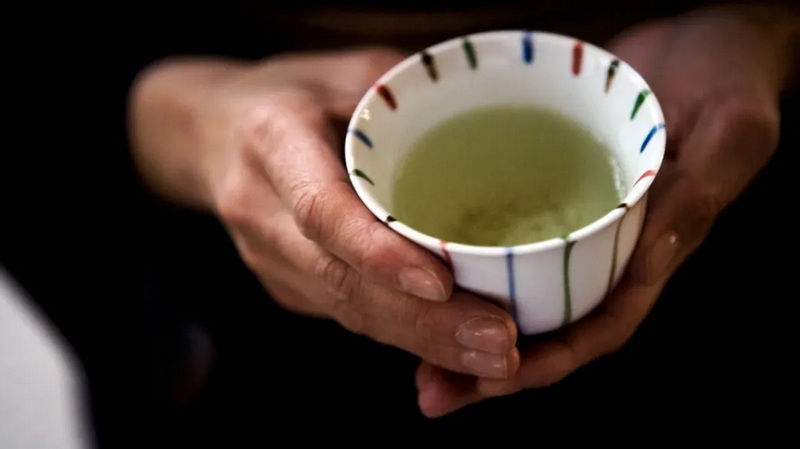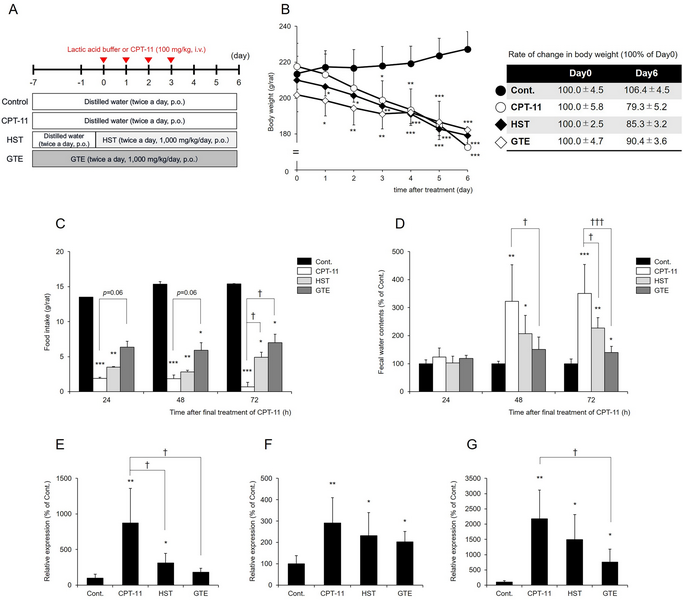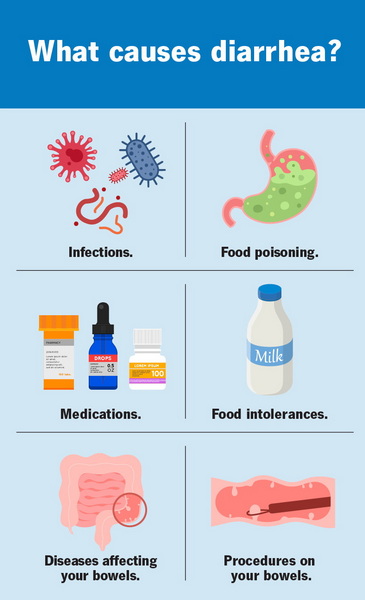Content Menu
● Understanding Green Tea Extract
>> Benefits of Green Tea Extract
● How Green Tea Extract Can Cause Diarrhea
● Symptoms of Diarrhea Induced by Green Tea Extract
● Recommended Dosage
● Who Should Avoid Green Tea Extract?
● Mechanisms Behind Diarrhea Induced by Green Tea Extract
● Conclusion
● FAQ
>> 1. Can drinking too much green tea cause diarrhea?
>> 2. What are the signs that green tea extract is causing my diarrhea?
>> 3. Is it safe to take green tea extract daily?
>> 4. Who should avoid using green tea extract?
>> 5. Can I reduce the risk of diarrhea from green tea?
● Citations:
Green tea extract, derived from the leaves of the Camellia sinensis plant, is renowned for its numerous health benefits, including weight loss, improved brain function, and enhanced heart health. However, like many dietary supplements, it can also have side effects, one of which is diarrhea. This article delves into the relationship between green tea extract and diarrhea, exploring the causes, symptoms, and recommendations for safe consumption.

Understanding Green Tea Extract
Green tea extract is a concentrated form of green tea that contains high levels of antioxidants known as catechins. These compounds are believed to be responsible for many of the health benefits attributed to green tea. Commonly used in dietary supplements and weight loss products, green tea extract is available in various forms, including capsules, powders, and liquid extracts.
Benefits of Green Tea Extract
- Antioxidant Properties: Green tea extract is rich in antioxidants that help combat oxidative stress and inflammation in the body.
- Weight Loss: Studies suggest that green tea extract can aid in weight loss by increasing metabolism and fat oxidation.
- Heart Health: Regular consumption may lower cholesterol levels and improve cardiovascular health.
- Cancer Prevention: Some research indicates that the polyphenols in green tea may help reduce the risk of certain cancers by inhibiting tumor growth[5].
- Improved Brain Function: The caffeine and amino acid L-theanine found in green tea can enhance brain function and improve mood[3].
How Green Tea Extract Can Cause Diarrhea
While green tea extract offers several health benefits, excessive consumption can lead to gastrointestinal issues, including diarrhea. The primary reasons include:
- Caffeine Content: Green tea contains caffeine, which can stimulate bowel movements. High doses of caffeine may lead to increased gastrointestinal motility and result in diarrhea.
- Laxative Effect: The catechins in green tea may have a mild laxative effect. When taken in large amounts, they can cause the intestines to contract more frequently than normal.
- Tannins: Green tea contains tannins that can irritate the stomach lining if consumed on an empty stomach or in excessive quantities. This irritation may lead to digestive issues such as diarrhea.
- High Dosage of Extracts: Supplements often contain concentrated doses of catechins that far exceed what one would typically consume through brewed green tea. This concentration can increase the likelihood of gastrointestinal upset[6].
Symptoms of Diarrhea Induced by Green Tea Extract
Diarrhea caused by green tea extract may present with various symptoms:
- Frequent loose or watery stools
- Abdominal cramps or pain
- Nausea
- Bloating
- Urgency to have bowel movements
If these symptoms persist or worsen, it is advisable to consult a healthcare professional.

Recommended Dosage
To minimize the risk of diarrhea and other side effects, it is essential to adhere to recommended dosages:
- Moderate Consumption: For most individuals, consuming up to 3–4 cups of brewed green tea per day is considered safe. This amount typically provides around 180 mg of catechins without excessive caffeine intake[1].
- Supplement Dosage: If using green tea extract supplements, it is crucial to follow the dosage instructions provided on the product label or those given by a healthcare provider. Most studies suggest that doses between 250 mg to 500 mg per day are effective without causing significant side effects[10].
Who Should Avoid Green Tea Extract?
Certain individuals should exercise caution or avoid green tea extract altogether:
- Individuals with Caffeine Sensitivity: Those who are sensitive to caffeine may experience heightened side effects like diarrhea.
- Pregnant or Nursing Women: Due to potential risks associated with caffeine intake during pregnancy and breastfeeding, consulting a healthcare provider is recommended before use.
- People with Gastrointestinal Disorders: Individuals suffering from conditions such as irritable bowel syndrome (IBS) may find that green tea exacerbates their symptoms.
- Individuals with Liver Conditions: High doses of green tea extracts have been linked to rare cases of liver damage; thus, those with liver issues should consult a healthcare professional before use[9].

Mechanisms Behind Diarrhea Induced by Green Tea Extract
Research has shown that certain components in green tea can affect gut health. For instance:
- Gut Microbiota Regulation: Some studies suggest that while high doses of green tea extract can lead to diarrhea due to increased gut motility, they may also help regulate gut microbiota positively under certain conditions[4].
- Inflammation Reduction: Interestingly, while green tea extract can induce diarrhea at high doses due to its laxative properties, it has also been studied for its potential anti-inflammatory effects in animal models undergoing treatments like chemotherapy[4].
This duality highlights the complexity of how dietary supplements interact with individual biologies and gut health.
Conclusion
In summary, while green tea extract has numerous health benefits, it can also cause diarrhea when consumed in excess due to its caffeine content and laxative properties. To enjoy its benefits without adverse effects, moderation is key. Always consult with a healthcare provider before starting any new supplement regimen, especially if you have underlying health conditions or are taking other medications.

FAQ
1. Can drinking too much green tea cause diarrhea?
Yes, excessive consumption of green tea can lead to diarrhea due to its caffeine content and laxative effects.
2. What are the signs that green tea extract is causing my diarrhea?
Signs include frequent loose stools, abdominal cramps, nausea, and urgency for bowel movements.
3. Is it safe to take green tea extract daily?
For most people, taking up to 3–4 cups of brewed green tea daily is safe. However, it's important to follow dosage guidelines for supplements.
4. Who should avoid using green tea extract?
Individuals sensitive to caffeine, pregnant women, and those with gastrointestinal disorders should consult a healthcare provider before use.
5. Can I reduce the risk of diarrhea from green tea?
Yes! Drinking green tea after meals rather than on an empty stomach and limiting intake can help reduce gastrointestinal discomfort.
Citations:
[1] https://www.drugs.com/npp/green-tea.html
[2] https://www.urmc.rochester.edu/encyclopedia/content?contenttypeid=19&contentid=GreenTeaExtract
[3] https://www.medicalnewstoday.com/articles/269538
[4] https://www.nature.com/articles/s41598-023-33731-w
[5] https://www.webmd.com/vitamins/ai/ingredientmono-960/green-tea
[6] https://www.vumc.org/poison-control/toxicology-question-week/march-12-2021-what-are-adverse-effects-green-tea-extract
[7] https://www.healthline.com/health/does-green-tea-make-you-poop
[8] https://pubmed.ncbi.nlm.nih.gov/11251015/
[9] https://www.nccih.nih.gov/health/green-tea
[10] https://www.healthline.com/nutrition/10-benefits-of-green-tea-extract































